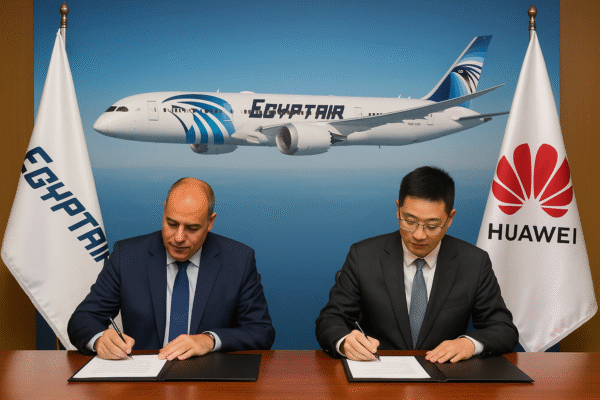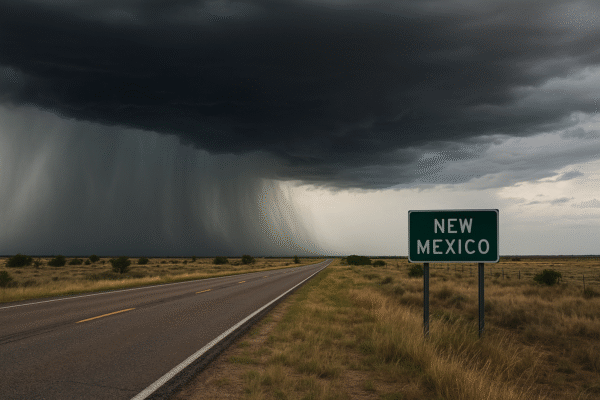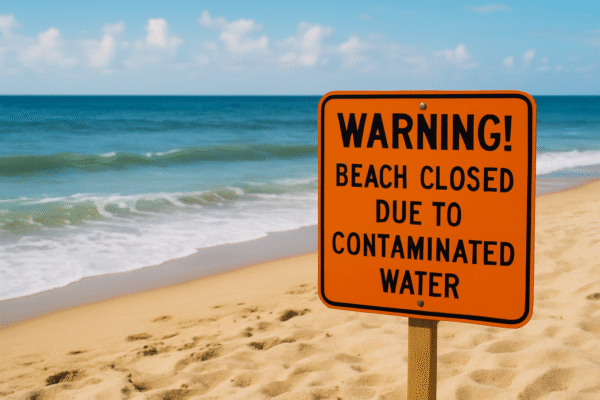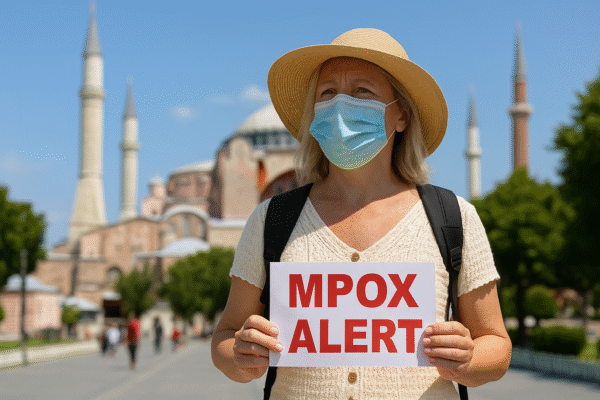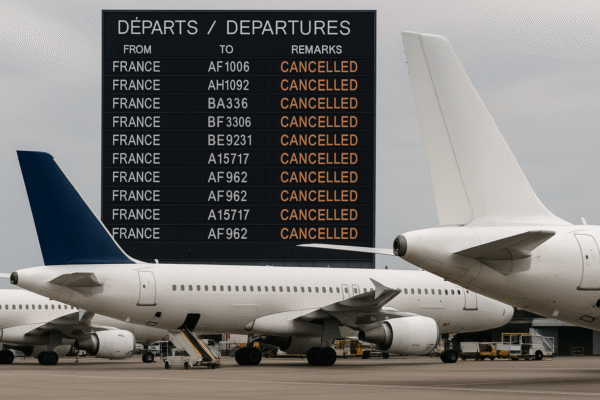France is preparing for a major blow to its aviation operations as the nation’s largest air traffic control union has announced a 24-hour strike set for mid-September. Scheduled between the start of the morning on 18 September and extending through to the end of 19 September 2025, this action threatens to send ripples through Europe’s air traffic network, with significant delays and widespread cancellations expected.
The union behind the move, representing approximately 60% of French controllers, attributes its decision to stalled negotiations with aviation authorities—particularly over working conditions, salary adjustments inflation, and grievances concerning management practices.
Broad Impacts on Flights Across France and Europe
France’s airspace sits at the heart of European aviation corridors. As such, the strike will not only affect flights into and out of key French airports—such as Paris Charles-de-Gaulle, Orly, and Nice—but also cause substantial disruption to regional short-haul routes and international connections that pass through French airspace.
Even airlines not directly serving France may face delays due to rerouted paths avoiding congested zones. Many of these disruptions are anticipated to exceed the disruptions occurred during the earlier July strike, as the current action includes participation from the powerful union.
Preparations for Travelers
If you’re scheduled to fly to or from France during this period—or plan a transit through the country—you’ll need to stay especially alert in the days leading up to the strike.
- Track your flight status carefully. Airlines typically update their schedules as the strike date nears.
- Maintain communication with your airline. Ensure your contact details are current to receive real-time alerts.
- Expect cancellations or delays. Be flexible with arrival times and have backup plans in place.
- Show patience at airports. Processing and check-ins may take longer than usual.
Authorities will likely release concrete flight impact details approximately two days before the strike, giving travelers a better sense of what to expect.
Ripple Effects for Tourist Hotspots and Businesses
Tourism centers across France—cities like Paris, Nice, Lyon, and beyond—may see diminished visitor flows as flight cancellations mount. Hotels, restaurants, and tour operators could face sudden downturns, particularly if inbound flights are canceled last minute.
Tourists planning to visit iconic sites or participate in scheduled tours should contact providers in advance to confirm whether services remain operating. Those still arriving in France can make a difference by patronizing open small businesses—cafés, local guides, artisanal shops—to help soften the economic blow.
France’s Tourism Sector Shows Resilience
Although the strike presents a considerable challenge, France’s travel and tourism infrastructure is seasoned in handling such disruptions. Aviation authorities and carriers typically deploy contingency measures to restore operations swiftly once the strike ends.
As normalcy resumes, expect expedited processes, rescheduled flights, and efforts to clear the backlog as efficiently as possible. Meanwhile, industry stakeholders—from airports to local vendors—generally mobilize recovery strategies to resume service and support visitors quickly.
Final Advice for Travelers
For anyone traveling during the 18–19 September window, preparation and flexibility are essential. Monitor airline communications, arrive early at airports, and always have a Plan B—including adjusting tour or hotel bookings if needed. Engaging with local businesses during delays not only offers alternatives but keeps you connected with the vibrant heart of French destinations.
Ultimately, while the air traffic control strike is poised to cause serious disruptions mid-September, informed and adaptable travelers—along with France’s enduring tourism infrastructure—can weather the challenges and still enjoy all that France has to offer.
For more travel news like this, keep reading Global Travel Wire

